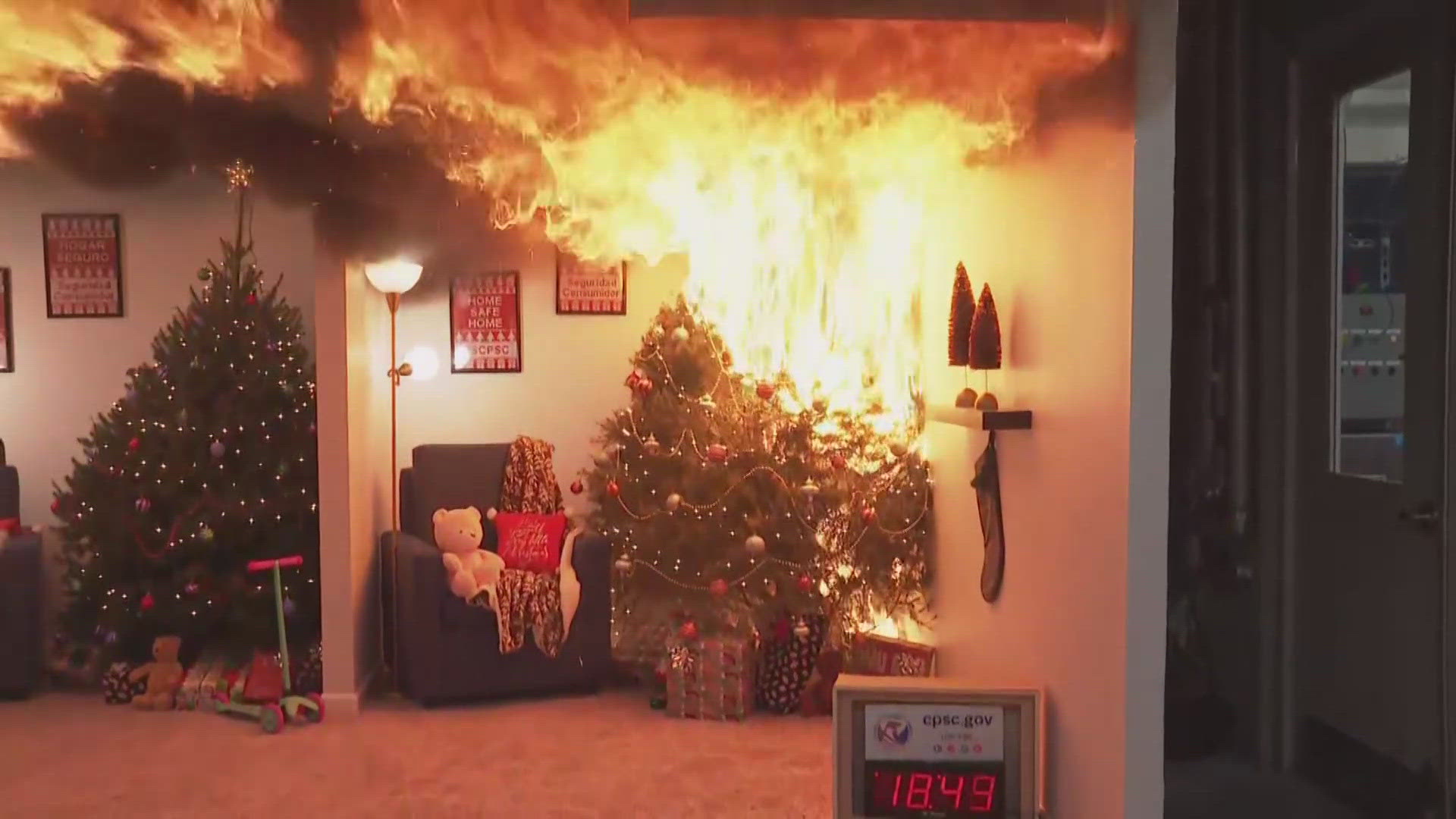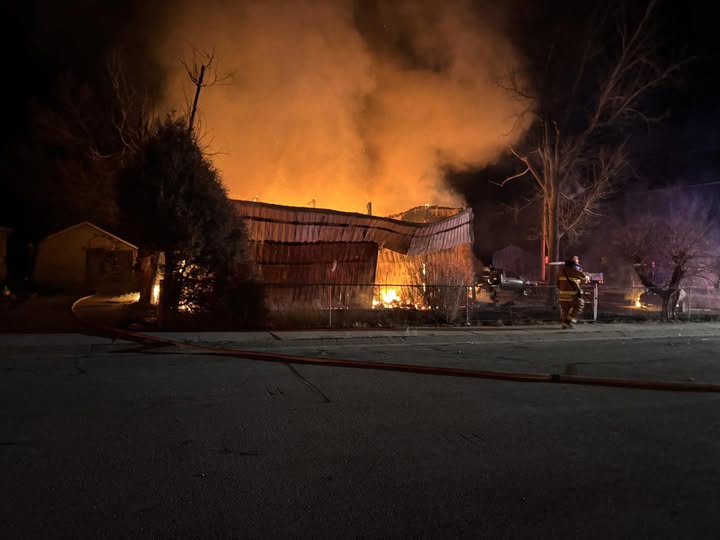KEYSTONE, S.D. – A company’s plan to conduct exploratory drilling for lithium in the vicinity of Mount Rushmore has sparked criticism from an environmental group.
The company is Midwest Lithium. Its South Dakota subsidiary, SDO Services, plans to drill up to 55 holes in an area that was historically mined for lithium about 2 miles northwest of Keystone and 2 miles northeast of Mount Rushmore National Memorial. The former Etta mine, near the project area, was the largest source of lithium in the U.S. for decades, according to a presentation on Midwest Lithium’s website.
Lithium is a key mineral in the production of modern batteries that power electric vehicles, cell phones, laptops and a host of other electronic devices.
The Black Hills Clean Water Alliance issued a news release condemning the drilling project Tuesday evening after the state Department of Agriculture and Natural Resources, which regulates exploratory drilling, posted public documents about the project online.
“This is outrageous,” Lilias Jarding, executive director of the alliance, said in the release. “We need to change state laws so that this doesn’t keep happening at sites that are at the core of our tourism industry.”
The alliance opposes other drilling in the Black Hills, including a proposal to explore for gold on national forest land near the Pactola Reservoir.
The company planning the lithium project, Midwest Lithium, was formed to pursue opportunities in the Black Hills. The drilling would be on privately owned land.
The effort comes amid a national push – aided by incentives from the federal government – to secure supplies of lithium for the burgeoning electric vehicle industry.
Midwest Lithium’s board members have experience in mining and other industries and hail from places as far flung as Switzerland and Australia, but the CEO of SDO Services is mining-industry veteran Michael Schlumpberger, who grew up in Rapid City and has an office there.
Schlumpberger said Wednesday by phone that drilling would not affect Mount Rushmore. The 2 miles between the project area and the national memorial consist of forested and mountainous terrain.
“It’s not like we’re looking at the president’s faces from there,” Schlumpberger said.
Rodrigo Pasqua, chairman of Midwest Lithium, said the company is targeting lithium in spodumene ore. Other types of lithium deposits exist elsewhere in the U.S., but he said lithium-bearing spodumene is comparatively easier to mine and process, and is known to exist only in the Black Hills and North Carolina.
He said South Dakotans are uniquely situated to produce lithium and benefit from investments that the federal government and automakers are pouring into lithium mining.
“It’s a chance for South Dakota to have its fair part of the amount of money that’s going to get deployed in the next decade,” Pasqua said.
The company’s exploratory holes would be about 4 inches in diameter and as much as 850 feet deep, spread among 11 drilling areas with up to five drill holes per area. Each drilling area, known as a “drill pad,” would be 50 by 70 feet. The company does not yet have a schedule but said drilling would last two to three months.
South Dakota laws and policies do not require a permit for exploratory drilling. Instead, companies file a “notice of intent” that they plan to drill. The state Department of Environment Natural Resources studies the plan and imposes restrictions to ensure holes are filled and plugged, that drilling areas are restored to a natural-looking condition, and that other protective measures are taken. The company is also posting a $20,000 surety bond, which the state could capture and use to pay for anything the company fails to do.
The exploration area was mined decades ago, producing lithium for use in items such as glass, medicine, ceramics and greases. Pasqua and Schlumpberger said if the drilling leads to a mine, it would be smaller than the large-scale gold mines that have operated in the Black Hills.
They said the drilling results would determine whether a mine would be underground or on the surface, but said most such mining is done underground. Some processing would occur on-site, and the lithium would likely be shipped out of state for further processing.
Midwest Lithium is one of multiple companies looking for lithium in the Black Hills. There are also several companies exploring for gold, while the operators of the region’s only active, large-scale gold mine, the Wharf Mine, are seeking permission to expand.
Mining has been continuous in the Black Hills since the discovery of gold in the 1870s. That led to a broken treaty with Native Americans who previously controlled the area.
It also led to jobs and economic development, along with a heavy environmental toll. Whitewood Creek was once so polluted by cyanide from the Homestake Mine that the waterway was known locally as “Cyanide Creek.” The abandoned Gilt Edge Mine is so contaminated by acid rock drainage that it’s been under the management of the Environmental Protection Agency for more than two decades.
Jarding alluded to that history in the Black Hills Clean Water Alliance’s news release.
“I’m tired of foreign corporations treating the Black Hills like a national sacrifice area for the mining industry’s profits,” she said. “We need to object to this project – now and loudly.”
Neither the state Department of Agriculture and Natural Resources nor the National Park Service, which manages Mount Rushmore National Memorial, immediately responded to messages from South Dakota Searchlight.












